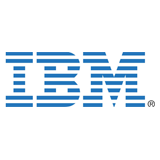Companies that use Ansible core
It is the command-line tool that is primarily for developers and users who want to install only the collections they need. It contains a minimal amount of modules and plugins and allows other Collections to be installed.
16
companies









